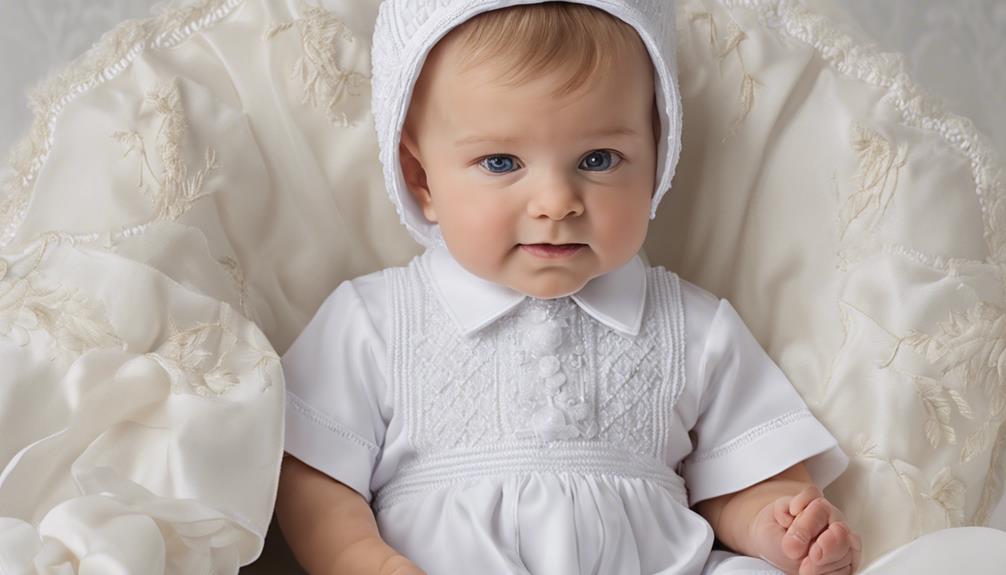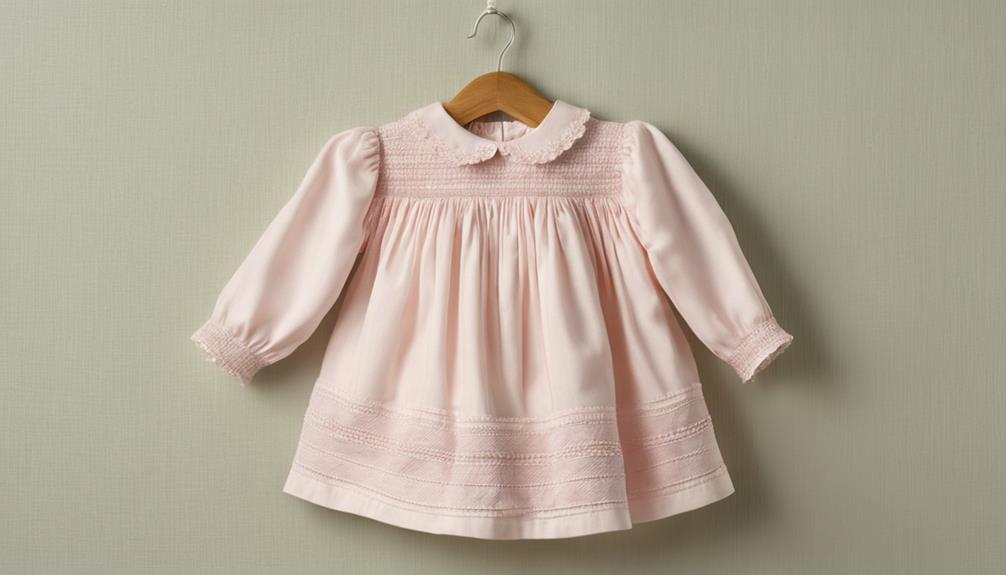Coincidentally, have you ever wondered about the frequency at which newborn puppies poop? Understanding this aspect is important for puppy parents to make sure their little ones' health and well-being.
But, how often should you expect those tiny paws to do their business? Stay tuned as we uncover the essential guidelines and tips for managing your newborn puppies' bathroom habits.
Key Takeaways
- Newborn puppies poop every 30 minutes to an hour initially.
- Poop frequency decreases as puppies age and ranges from every 2-4 hours to 3-6 times daily.
- Monitoring poop helps in health tracking and care adjustments.
- Changes in poop color, texture, or frequency require vet attention.
Newborn Puppy Poop Frequency
Newborn puppies typically poop every 30 minutes to an hour in the first 4 weeks of life, gradually decreasing in frequency as they grow older. As our furry friends reach 4-8 weeks of age, their digestive system starts to mature, leading to a poop frequency of every 2-4 hours.
By the time puppies are 8-12 weeks old, they may poop around 6 times a day, especially after meals. As puppies continue to grow, around 3-6 months of age, their digestive system further matures, resulting in a poop frequency of 3-6 times daily.
Once our puppies hit 6 months and beyond, they tend to poop 2-3 times a day. However, this can vary based on individual factors such as diet and overall health. Monitoring your puppy's poop schedule is crucial in ensuring they're healthy and happy as they grow.
Poop Schedule for Newborn Puppies

Monitoring the poop schedule of newborn puppies is essential for guaranteeing their health and well-being as they develop. Understanding the frequency of their bowel movements can provide valuable insights into their overall health. Here is a breakdown of the poop schedule for newborn puppies:
- Every 30 Minutes to an Hour**: Newborn puppies typically poop quite frequently, needing to relieve themselves every half hour to an hour. This is due to their developing digestive systems and high metabolism.
- Every Two to Four Hours: As puppies grow from 4 to 8 weeks old, they may start to poop less frequently, needing to go every two to four hours. Their digestive systems are maturing during this stage.
- 3 to 6 Times a Day, After Meals**: Between 8 to 12 weeks old, puppies tend to poop around six times a day, often after meals. This pattern helps regulate their bowel movements and guarantees proper digestion.
Understanding this poop schedule can aid puppy parents in monitoring their newborns' health and development effectively.
Monitoring Newborn Puppy Poop
Regularly observing and evaluating the fecal output of newborn puppies is important for early detection of potential health concerns. Monitoring the frequency and consistency of a puppy's poop can provide valuable insights into their well-being. Changes in poop color, texture, or frequency should be noted as they may indicate underlying health issues. By maintaining a watchful eye on your puppy's poop, you can quickly identify problems such as diarrhea or constipation, allowing for prompt veterinary attention when needed. If you notice any abnormalities in your newborn puppy's poop, it is vital to consult a vet for further evaluation.
| Aspect | Importance |
|---|---|
| Frequency | High |
| Consistency | Moderate |
| Color | Low |
| Texture | Moderate |
| Abnormalities | High |
Healthy Pooping Habits for Puppies

When raising puppies, it's vital to establish healthy pooping habits right from the start to guarantee their overall well-being and health. Here are three key aspects to take into account in promoting healthy pooping habits for newborn puppies:
- Monitoring: Keep track of your puppy's poop frequency, consistency, and color. Any significant changes may indicate underlying health issues that need attention.
- Diet: Make sure your puppy is on a balanced diet appropriate for their age and breed. A proper diet contributes to healthy digestion and regular bowel movements.
- Routine: Establish a consistent routine for feeding and potty breaks. Predictable meal times can help regulate your puppy's bowel movements and make potty training more effective.
Factors Influencing Newborn Puppy Poop
Establishing healthy pooping habits for newborn puppies involves understanding the various factors that influence their frequency of bowel movements, including age, diet, and health conditions. Newborn puppies typically poop every 30 minutes to an hour due to their developing digestive systems. Factors such as age play a significant role in how often a puppy will poop, with smaller breed puppies pooping more frequently, averaging around 4 to 6 times a day.
Additionally, diet plays an important role in the frequency of puppy poop. A high-fiber diet can lead to more frequent pooping in puppies. It's essential for puppy parents to monitor changes in their puppy's poop frequency and consistency as this can help detect potential health issues early on.
Frequently Asked Questions
How Often Do Newborn Puppies Need to Poop?
We must guarantee newborn puppies poop regularly, which typically occurs every 30 minutes to an hour. Monitoring their elimination frequency is important for their health. Consistent poop frequency indicates well-being, while changes may signal health issues.
When Should Mom Dog Stop Eating Puppies Poop?
When should mom dog stop eating puppies' poop? Typically, mother dogs cease this behavior around 3-4 weeks as puppies shift to solid food. As they become more self-sufficient, the instinct diminishes. This natural progression aids in maintaining a cleaner den.
How Often Should Newborn Puppies Feed From Their Mother?
We guarantee newborn puppies feed every 2-3 hours for proper nourishment. Mother's milk provides essential nutrients and antibodies crucial for growth and immunity. Frequent nursing supports hydration and digestive development, fostering a strong bond.
How Do You Help a Newborn Puppy Poop?
To help a newborn puppy poop, gently stimulate their anal area after feeding with a warm, damp cloth. Provide a clean space for them to move around. Monitor their pooping habits and consult a vet if any issues arise.
Conclusion
In summary, keeping track of your newborn puppy's poop frequency is vital for their well-being.
By closely monitoring their bathroom habits, establishing a poop schedule, and being aware of factors that can influence their poop, you can guarantee a healthy and happy puppy.
Remember, a vigilant eye on your puppy's poop can be the key to detecting any potential health issues early on.
So, stay on top of their poop game for a thriving puppy!









